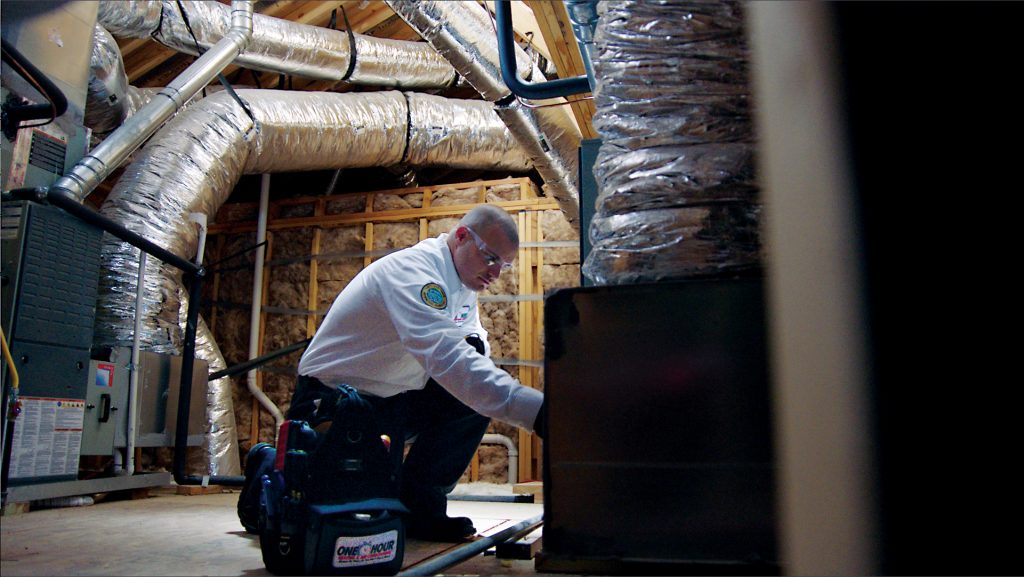 What Is a Furnace Inspection?
What Is a Furnace Inspection?
When it comes to your home’s heating system, you can never be too careful. That’s why it’s important to have a professional furnace inspection done at least once a year. During your Amherst furnace inspection, your technician will check all of the components of your furnace to make sure they are working properly. If your technician finds any problems with your furnace, they will recommend repairs. It is important to get any necessary repairs done as soon as possible, because a faulty furnace can be dangerous.
What In Included In Your Amherst Furnace Inspection:
- One of the biggest dangers of a faulty furnace is carbon monoxide poisoning. Your technician will check for any leaks in the exhaust system and make sure that the carbon monoxide detectors are working properly.
- A poorly running furnace wastes energy and costs you money. Your technician will test your furnace to ensure that it is running at peak efficiency.
- Your technician will also test all of the safety features on your furnace to make sure they are working properly. The flame sensor, the limit switch, and the blower motor.
The Benefits of Having Your Amherst Furnace Inspected on A Regular Basis Include:
- Reduced energy costs: A properly running furnace uses less energy, which can save you money on your utility bills.
- Improved comfort: A well-maintained furnace will keep you warm and comfortable all winter long.
- Increased safety: A properly functioning furnace is safe and will not produce harmful carbon monoxide gas.
Why Choose Us For Your Amherst Furnace Inspection?
A Mitchell’s Magic Annual Cleveland furnace inspection saves you money. That’s because our techs hunt for minor problems they can fix quickly before they become expensive issues. Say we found a microscopic leak in your heat exchanger. We can replace it, preventing the continued release of deadly carbon monoxide—not only saving you from increased energy bills but potentially saving lives as well.
 What Is a Furnace Inspection?
What Is a Furnace Inspection?
